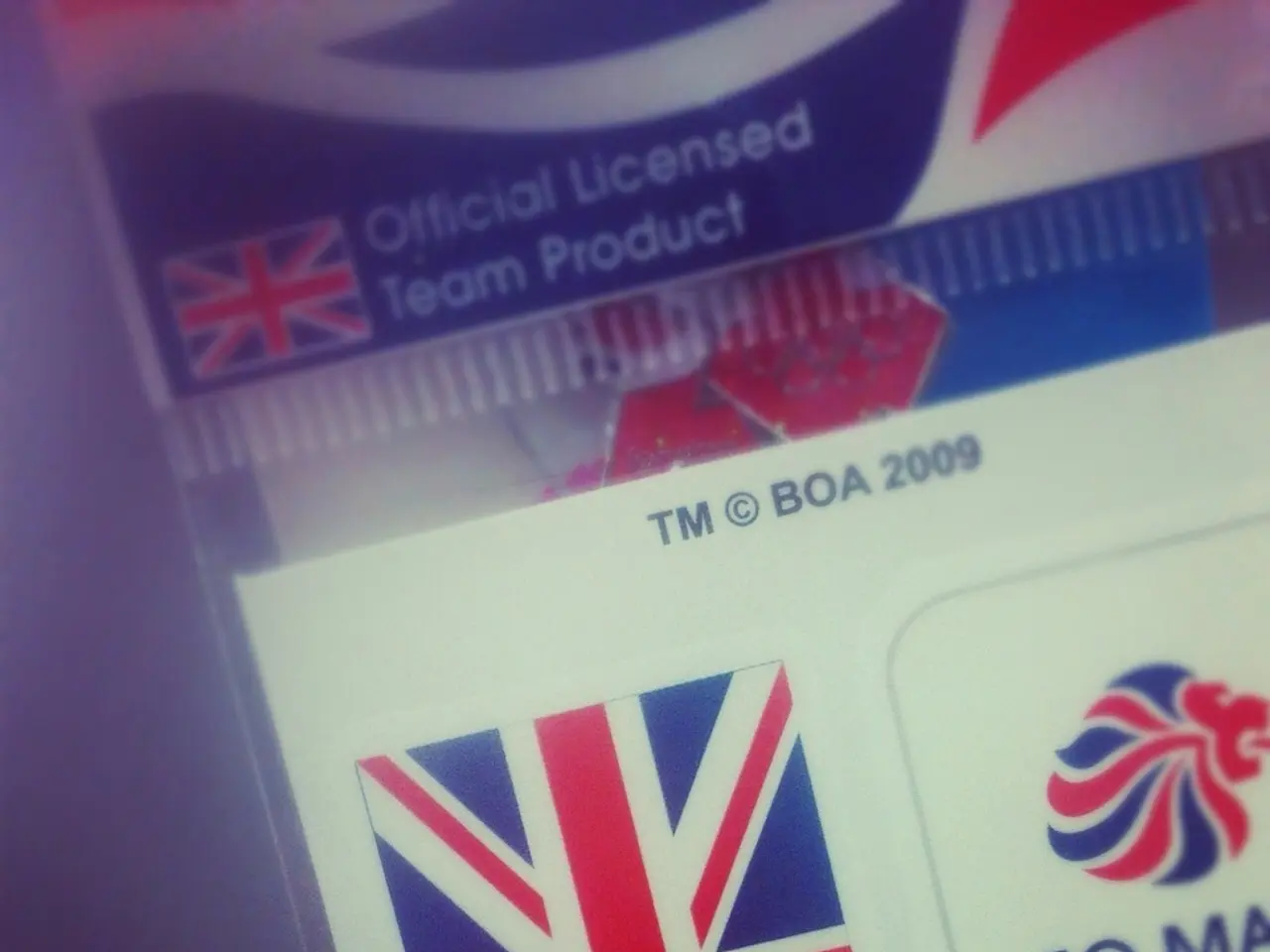Navigating Debt Settlement Discussions
Debt settlement is a process aimed at negotiating with creditors to pay less than the full amount owed, usually through a lump-sum payment agreement. This approach can provide relief for those struggling with overwhelming debt, but it requires careful preparation and strategic negotiation.
Preparing for Debt Settlement
Assess Your Debts and Finances
The first step in debt settlement is to identify unsecured debts like credit cards or medical bills that can be settled. Secured debts (e.g., mortgage, car loans) typically cannot be settled this way. Determine how much money you can reasonably offer as a settlement, often around 30% of the total debt is a good starting offer.
Create a Debt Settlement Offer Letter
This letter should include your personal details, the creditor’s details and your account number, the original amount owed and your proposed settlement amount, payment terms, an agreement statement, how the creditor will report the settlement to credit bureaus, and signatures of both parties once agreed.
Be Ready to Explain Financial Hardship
Briefly state why you cannot pay in full (e.g., job loss, medical bills), but keep this explanation concise.
Negotiating Debt Settlement
- Contact the creditor or collection agency directly or use a debt settlement company to negotiate on your behalf.
- Offer a lump-sum payment that you can afford and be prepared for back-and-forth negotiation.
- Always get the final settlement agreement in writing before sending any payment to protect yourself legally.
- Use secure, traceable payments such as certified or cashier’s checks.
- Sending correspondence by certified mail with a return receipt is advisable for documentation.
Handling the Debt Settlement Agreement
- Review and complete all details before signing; ensure no blanks allow for unauthorized changes.
- Having the agreement notarized can add legal validity, often requiring all signatories to appear before a notary to verify identities and voluntary participation.
Possible Consequences of Debt Settlement
- Credit Impact: Settled debts may be reported as "settled for less than owed," which negatively affects your credit score compared to "paid in full" status.
- Tax Consequences: Forgiven debt might be treated as taxable income by the IRS.
- Potential Collection Actions: If no written agreement is obtained, creditors may continue to pursue full payment or sell the debt to other collectors.
- Effect on Future Credit: Debt settlement might make obtaining new credit more difficult for several years.
In summary, debt settlement requires careful preparation to determine what to offer, clear and precise negotiation with creditors, obtaining written (preferably notarized) agreements, and awareness of the credit and tax consequences that may result from settling debts for less than owed.
Remember to celebrate each small victory during debt settlement negotiations, review your budget, save, and rebuild your credit score after settlement. Preparing for debt settlement negotiations is a brave step towards financial control, and it's important to keep your eyes on the long-term goal of financial freedom during negotiations.
When starting negotiations, it is advisable to decide whether to handle it oneself or work with a professional debt relief company. Creditors might not say yes right away and may reject the initial offer, counter with a higher amount, or refuse to settle altogether at first. Forgiven debt might be considered taxable income; consult a tax professional.
Consider setting up an emergency fund to protect from unexpected expenses. Before starting negotiations, it is important to evaluate your financial situation by gathering all debt statements, making a list of every debt, and determining a realistic lump-sum settlement offer. Researching common settlement amounts for specific types of debt can help set realistic expectations. Once an agreement is reached, it is essential to get everything in writing, including the amount to be paid, what will happen to the remaining balance, and how the account will be reported to credit bureaus.
Creditors might be open to settling because they would rather recover part of the debt than risk getting nothing at all in case of bankruptcy or non-payment. During negotiations, it is important to be honest but strategic, explaining your financial hardship without oversharing unnecessary personal details.
- To effectively negotiate a debt settlement, it's essential to gather all debt statements, make a list of every debt, and determine a realistic lump-sum settlement offer based on researching common settlement amounts for specific types of debt.
- Before sending any payment for a debt settlement agreement, it's crucial to have the final agreement in writing, including the amount to be paid, what will happen to the remaining balance, and how the account will be reported to credit bureaus.




